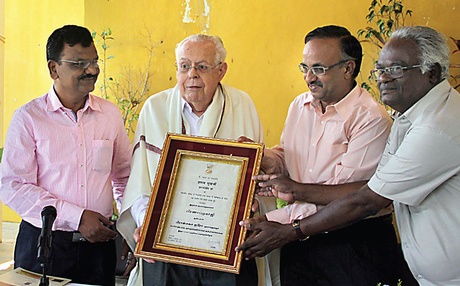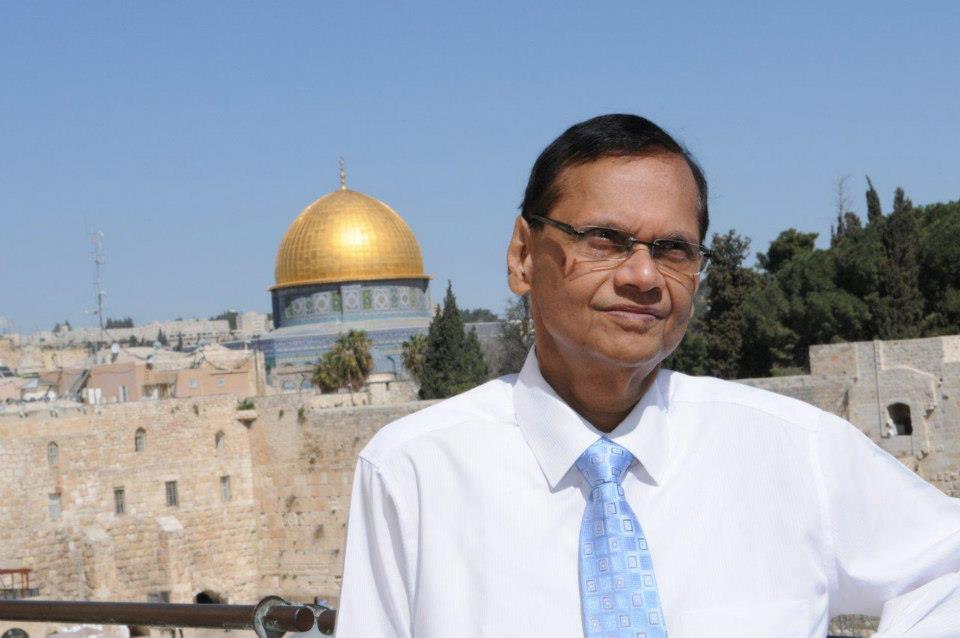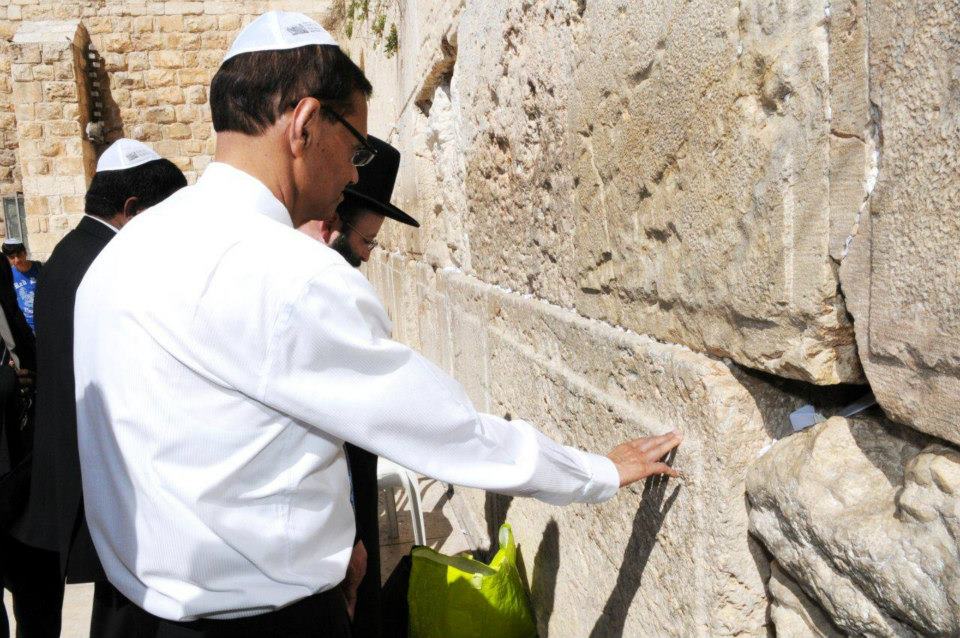The documentary “ No Fire Zone: The Killing Fields of Sri Lanka”, illustrating war crimes and human rights abuses by the Sri Lankan government, was screened in a side-line event today at the United Nations Human Rights Council amidst strong formal opposition from the Sri Lankan delegation.
The Sri Lankan delegation strongly opposed the event, lodging a formal protest to the United Nations. Despite boycotting the event, Sri Lanka’s ambassador to the United Nations in Geneva, Ravinatha Aryasinha, made an appearance at the end of the screening. In an attempt to discredit the documentary he said,
“By providing a platform for the screening of this film which includes footage of dubious origin, content that is distorted and without proper sourcing and making unsubstantiated allegations, the sponsors of this event seek to tarnish the image of Sri Lanka.”
Describing the purpose of the film, the director and producer, British journalist, Callum Macrae noted,
“ We see it as a film of record, but also as a call to action.”
The Sri Lankan dismissal of the documentary sparked many responses.
A member of the United Nations expert panel on Sri lanka by UN Secretary-General Ban Ki-moon, Yasmin Sooka, dispelled Aryasinha’s objections, stating,
“I believe that most of the footage in the film can be corroborated. In fact in our report you find references to many of the things you see in the documentary.”
Highlighting the serious implications of the documentary content, the director of the Geneva office of Human Rights Watch, Julie de Rivero, said ,
“The Human Rights Council cannot continue to ignore the call for an independent international investigation into war crimes that were committed.”
Reacting to the Sri Lankan ambassadors outright disregard of the documentary, the director of International Service for Human Rights, Phil Lynch, tweeted,
“Sri Lankan ambassador’s complete denial of atrocities documented by #nofirezone make any hope of ‘reconciliation’ appear dim”
The World Federation of UN Associations human rights advisor, Hans Fridulund, showed his abhorrence with the Sri Lankan ambassador’s retort, tweeting,
“Disgusted after watching #nofirezone. #Lka government now delivering statement on disapproval of the movie. Even more disgusted at #HRC22”







.jpg)